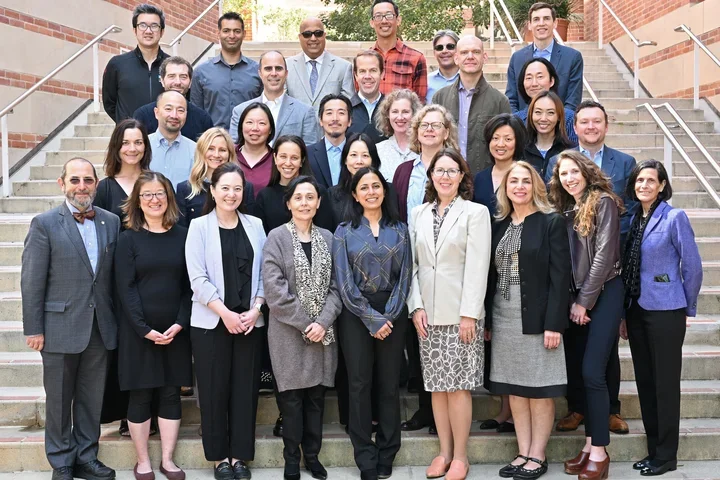Obstetricians and Gynecologists - What Is the Difference?
Learn More About the OBGYN Specialty

While Many Choose to Pursue Both Specialties, There Are Distinct Differences
What's the difference between obstetricians and gynecologists? While OB/GYN is considered one specialty, it comprises two distinct fields.
- What Is Obstetrics? The "OB" involves care during pre-conception, pregnancy, childbirth, and immediately after delivery.
- What Is Gynecology? The "GYN" involves care of all women's health issues.
Here's what students specializing in either, or both, of these fields can expect.
Training
After graduating from medical school, future OB/GYNs complete residency-training programs focused on health in all stages of pregnancy, from pre-conception to post-pregnancy. Residents learn about human genetics, genetic counseling, and issues surrounding prenatal diagnoses.
Many residency rotations also include in-depth instruction on ultrasonography, reproductive endocrinology, infertility, family planning, gynecologic surgery and gynecologic oncology.
Residents can subspecialize and continue with fellowship training in a primary subspecialty (urogynecological surgery, maternal-fetal medicine, reproductive endocrinology, and infertility and gynecologic oncology) or other areas, such as family planning, adolescent gynecology and breast health. Most fellowships last about 2-4 years.
Residents who don’t select a fellowship can go straight into practice.
(What Is a Gynecologist? Click the link to learn more...)
Practice
Having trained in both obstetrics and gynecology, new physicians may choose one field or practice both fields as OB/GYNs.
- Physicians who focus on gynecology do not deliver babies or treat pregnant women. They conduct cancer screenings, treat urinary tract issues, and more.
- Physicians who focus on obstetrics do not treat health issues outside pregnancy.
- OB/GYNs focus on both areas. Some OB/GYNs act as primary care physicians, in place of an internist or family practitioner.
Careers
OB/GYNs may practice in many settings, such as private practices, community practices, academic settings and hospitals. Obstetricians often work long and unpredictable hours to accommodate the uncertain nature of pregnancy and delivery. To lighten the burden of care falling on any single physician, many practices and hospitals share some obstetric responsibilities with other institutions.
Regardless of field, demand for women’s health practitioners is growing, so students considering any of these fields have plenty of prospects for a fulfilling career.



